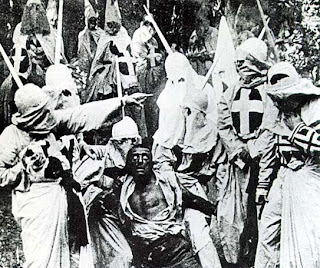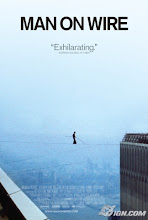
The movie Crash addresses the dangers of making decisions based upon assumptions and prejudices. The stories show the ever present prejudices that every person shares in the movie, whether they began the story with these beliefs or if they developed them, like Cameron Thayer, who developed a distrust and disdain for the white officers. Some of the events shown are caused by prejudices, such as the attempted shooting of Lucien by Farhad, while other events explain how some of the prejudices became known, like Anthony and Peter stealing cars while talking about how that stereotype exists and that they are offended by it, yet they perpetuate it. Racism has always had place in film; it is present in many movies, but it has not been truly, explicitly addressed since The Birth of a Nation. The movie is saturated with prejudices and a general mistrust of other people, problems that plague modern America which the movie addresses by showing that the characters that change go on to live happier lives, even if they are hurt in the process. This movie breaks previous conventions by sharing what can be considered the main roles of the movie between white and non-white actors, giving them all the same importance and developing each character separately, but still in depth. Wiegman's essay, Race, Ethnicity, and Film, talks about how these main roles were always reserved for white actors, even when the role being portrayed is one of a different race. This movie reflects America's changing views of racism and political correctness. Crash attempts to convince the audience about the ills of racism, summed up in the lines from Jean, "I am angry all the time... and I don't know why," which she then talks about how she wants to change, representing a positive shift to the audience.
Wiegman, Robyn. Race, Ethnicity, and Film. New York: Oxford University Press, 1998. Print.
-David Zabriskie













No comments:
Post a Comment